

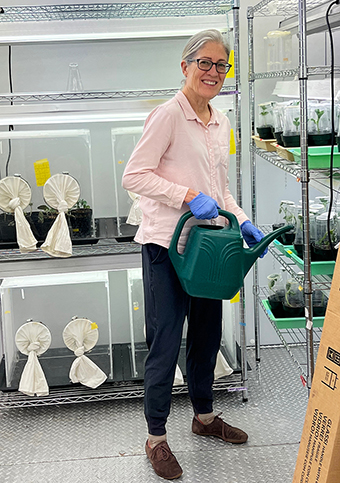

Dr. Nancy A. Moran, the Warren J. and Viola Mae Raymer Chair in Integrative Biology at the University of Texas-Austin, is a distinguished evolutionary biologist renowned for her pioneering research in symbiosis and microbial ecology, particularly insect-microbe endosymbiosis and honeybee gut microbiota. Her work unravels the intricate relationships between hosts and their microbiomes, exploring their evolutionary dynamics and ecological impacts. Her scientific contributions, which have been published as over 300 papers, have profoundly influenced our understanding of how symbiotic associations shape the evolution of organisms, particularly ecological, evolutionary, genomic and functional aspects of insect-microbe endosymbiotic associations. Educationally, she has mentored many excellent young scientists, who are continuing to study insect-microbe symbioses in their independent laboratories. Her honors include membership in the US National Academy of Sciences, the American Academy of Arts and Sciences, the International Prize for Biology, and the Selman A. Waksman Award in Microbiology.
The University of Texas at Austin, USA
August 26 (Mon)
8:15AM-9:15AM
Title: The Tangled Bank of Insect-Microbe Symbiosis
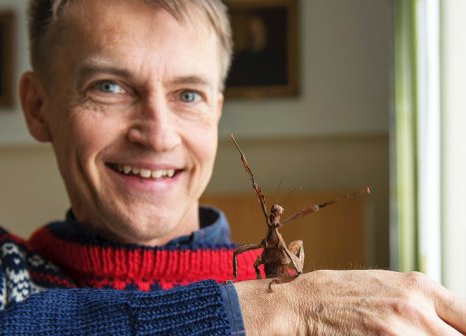
(c) Bengt Olofsson, Naturhistoriska riksmuseet

Dr. Fredrik Ronquist is a Professor of Entomology at the Swedish Museum of Natural History in Stockholm. He worked on the morphology, systematics and evolution of gall wasps and their parasitic relatives for his PhD at Uppsala University and became interested in computational phylogenetics when trying to address problems in the evolution of gall wasps and in the evolution of insect-host plant associations more generally. With Dr. John Huelsenbeck, Dr. Ronquist developed MrBayes, a popular software package for Bayesian phylogenetic analysis. In his insect research, the evolution of insect–host plant associations has been a central theme, as well as the study of the systematics and diversity of poorly known groups of Hymenoptera and Diptera. Recently, his empirical research has focused on comparative analyses of insect faunas using “deep metabarcoding” in the Insect Biome Atlas project. Dr. Ronquist is a member of the Royal Swedish Academy of Sciences and the Scientific Council of the Swedish Research Council.
Website: https://ronquistlab.github.io
Website: https://www.stationlinne.se/
Website: https://insectbiomeatlas.org
Website: https://scholar.google.se/citations?hl=sv&user=ZyOio_YAAAAJ
Swedish Museum of Natural History, Sweden
August 27 (Tue)
8:15AM-9:15AM
Title: A New Era of Insect Diversity Research
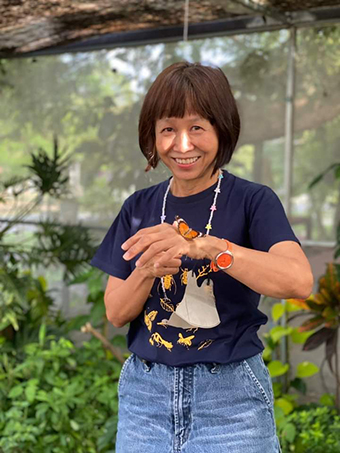

Dr. Yupa Hanboonsong is a Professor of Entomology at Khon Kaen University in Thailand. She is recognized both nationally and internationally as a leader in the field of insects for food and feed. She was appointed as an international team leader for FAO project in Lao PDR on “Sustainable insect farming and harvesting for better nutrition, improved food security, and household income generation”, and recently in 2022 for a project on “Understanding the use of insect-based protein source for animal and aquaculture feeds in Asia and the Pacific region”. She is a co-author of FAO publications on edible insects, including “Six-legged Livestock: edible insect farming, collecting, and marketing in Thailand” (2013), “Edible insects in Lao PDR: building on tradition to enhance food security” (2014) and “Guidance on sustainable cricket farming: a practical manual for farmers and inspectors” (2022). Professor Dr. Yupa Hanboonsong is also known as a pioneer in the farming of black soldier fly as a source of raw materials in animal feed and leading training courses for the feeding sponsored by Thailand government.
Khon Kaen University, Thailand
August 28 (Wed)
8:15AM-9:15AM
Title: Edible Insects: Promises and Challenges
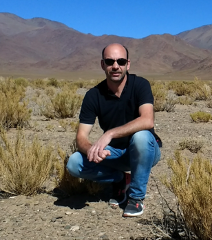

Dr. Juan Corley is a Senior Researcher at CONICET (National Research Council of Argentina). He is also Associate Professor in the Department of Ecology at the National University of Comahue (Patagonia, Argentina), and Director of its PhD programme. He held post-doctoral positions at the Universite Claude Bernard, at the University of Wales and at the North Eastern Research Station, Forest Service as a Fulbright scholar. He is interested in the behavioural ecology of parasitoids and the population ecology of forest insects, investigating the relationship between ecological concepts with the sustainable management of pest species, especially invasive ones. He is also keen on the biology and management of invasive social insects. He was Editor-in-Chief of the International Journal of Pest Management from 2014 to 2020 and is currently Editor-in-Chief of Ecological Applications. He is also the coordinator of the IUFRO (International Union of Forestry Research Organizations) working group on the ecology and management of bark and wood boring insects.
CONICET/National University of Comahue, Argentina
August 29 (Thu)
8:15AM-9:15AM
Title: Understanding the Population and Behavioral Ecology of an Invasive Forest Insect: Insights for Sustainable Pest Management
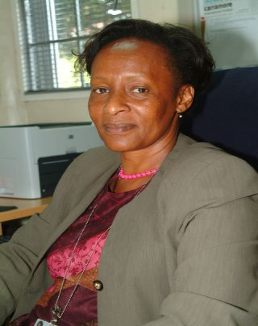

Dr. Rosemary Sang is currently a scientist at the International Centre of Insect Physiology and Ecology (ICIPE), Kenya. She is an arbovirologist with a background in medical entomology and virology (MSc medical entomology in 1985, PhD in zoology from Nairobi University in 1996 and MSc in medical virology from Liverpool John Moores University in 2008). She has over 35 years of experience in research on arboviruses having worked in collaboration with a strong arbovirus research teams from various organizations to conduct extensive surveillance, discovery, outbreak response, in addition to ecological and epidemiological studies, generating vast knowledge and understanding of the ecology and epidemiology of arboviruses of public health importance in Kenya.
Dr. Sang has published over 120 scientific articles in peer-reviewed journals and received various awards and recognitions. She has also mentored > 40 MSc, PhD and Postdoctoral scholars in various Universities in Africa some of whom are now independent arbovirus researchers actively serving other institutions in Kenya and beyond.
AAS/ICIPE, Kenya
August 30 (Fri)
8:15AM-9:15AM
Title: Scaling Up Integrated Surveillance to Combat Arbovirus Transmission and Emergence, A Perspective from Kenya
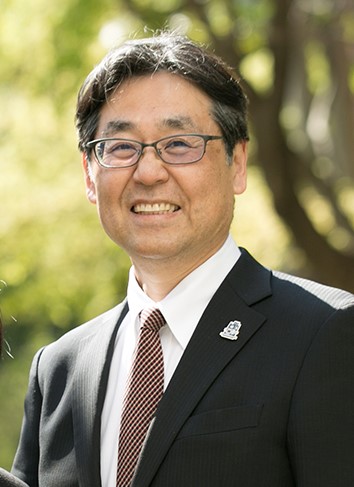

Dr. Ryohei Kanzaki is a leading neuroethologist and senior research fellow at the Research Center for Advanced Science and Technology (RCAST), The University of Tokyo. He earned his D. Sci. in Neurobiology from University of Tsukuba and conducted postdoctoral research at Arizona Research Laboratories (Hildebrand and Arbas laboratory). After professorship at University of Tsukuba and The University of Tokyo, he served as a RCAST director. Dr. Kanzaki explores brain mechanisms underlying adaptive behavior, focusing on insect biological intelligence. He pioneered an "insect-robot hybrid system" where insect brains control robots, advancing understanding of the adaptive behavior such as odor-source navigation. He has developed unique approaches for understanding insect sensors and brains, and pioneered a new engineering field that applies real biological intelligence instead of AI. Through interdisciplinary research, he harnesses insect sensors and brains as models to uncover dynamic neural basis of the adaptive behavior. Dr. Kanzaki also serves as president of the Japanese Society for Comparative Physiology and Biochemistry, and a chair of science and technology development projects by Japan Science and Technology Agency.
The University of Tokyo, Japan
August 30 (Fri)
4:30PM-5:30PM
Title: Learning from Insect Intelligence - From a Nature-Centered Perspective -
By continuing to browse this website, you accept cookies which are used to offer a personalized experience on our website, generate statistics and realize advertising or social network tracking. Find out more about Cookie policy.
You can change your cookie settings at any time.
From 23 December to 4 January(Japan time)
The Management Office will be on holiday
We will reply after 5 January (JST) in turn.